McLaren CEO Zak Brown says the onset of the COVID-19 pandemic gave the team a crucial chance to push for a lower budget cap in Formula 1 and avoid bankruptcy.
By 2020, the Woking-based team’s future in F1 was precarious. Struggling to match the enormous budgets of rivals like Mercedes, McLaren lagged behind on track, with the demands of the hybrid era only amplifying the pressure.
Then COVID-19 hit. While the pandemic wreaked havoc across the sport, it also created a rare opportunity: a chance to push for tighter budget controls that would protect struggling teams. For McLaren, that window may have been the difference between survival and bankruptcy.
From languishing at the back of the grid, the team could now dream of returning to competitiveness with the new financial rules.
Brown has credited the timing of the pandemic with giving the team a critical lifeline that allowed McLaren to rebuild and aim for the top.
Speaking on the How Leaders Lead podcast, the American explained how the crisis created the perfect conditions to advocate for a lower budget cap — one that would prove vital for McLaren’s survival.
“That was huge,” he said of the budget cap conversation. “And we were lucky on timing from a COVID point of view.
“Obviously, COVID was a terrible thing, but it put the sport under an immense amount of pressure. And that was right when we were talking to the budget cap, which was actually going to be significantly higher.
“So we got a little bit lucky with the timing because it allowed me to push even harder to get the budget cap down.”
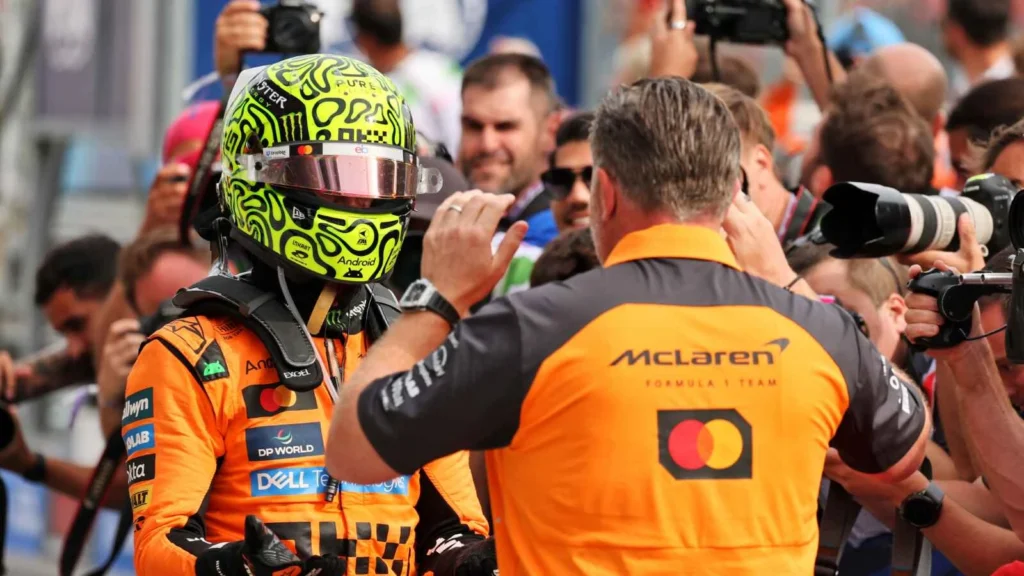
How the budget cap propelled McLaren back to the front of F1
According to the McLaren chief, the lower budget cap has transformed both the sport and his team’s prospects.
Before the pandemic, the British squad had not finished as high as third since 2012, but the team climbed back up the order amid the disruptions of the 2020 season.
After a brief slump, McLaren soared once again in 2024, securing its first Constructors’ Championship since 1998. This season, McLaren is on track for back-to-back success, with a strong chance of claiming a first Drivers’ Championship since Lewis Hamilton in 2008.
Brown believes last year’s results highlight just how much the cost cap has levelled the playing field.
“Last year we had seven multiple winners,” he added. “First time I ever recall that amount of winners in Formula 1.”
“Four different teams that won races. The top three teams swapped the Constructors’ Championship late in the year. And that’s because now we’re all playing with the same size bat.”
READ MORE – How McLaren avoided possible ‘dictator’ scenario with F1 structure
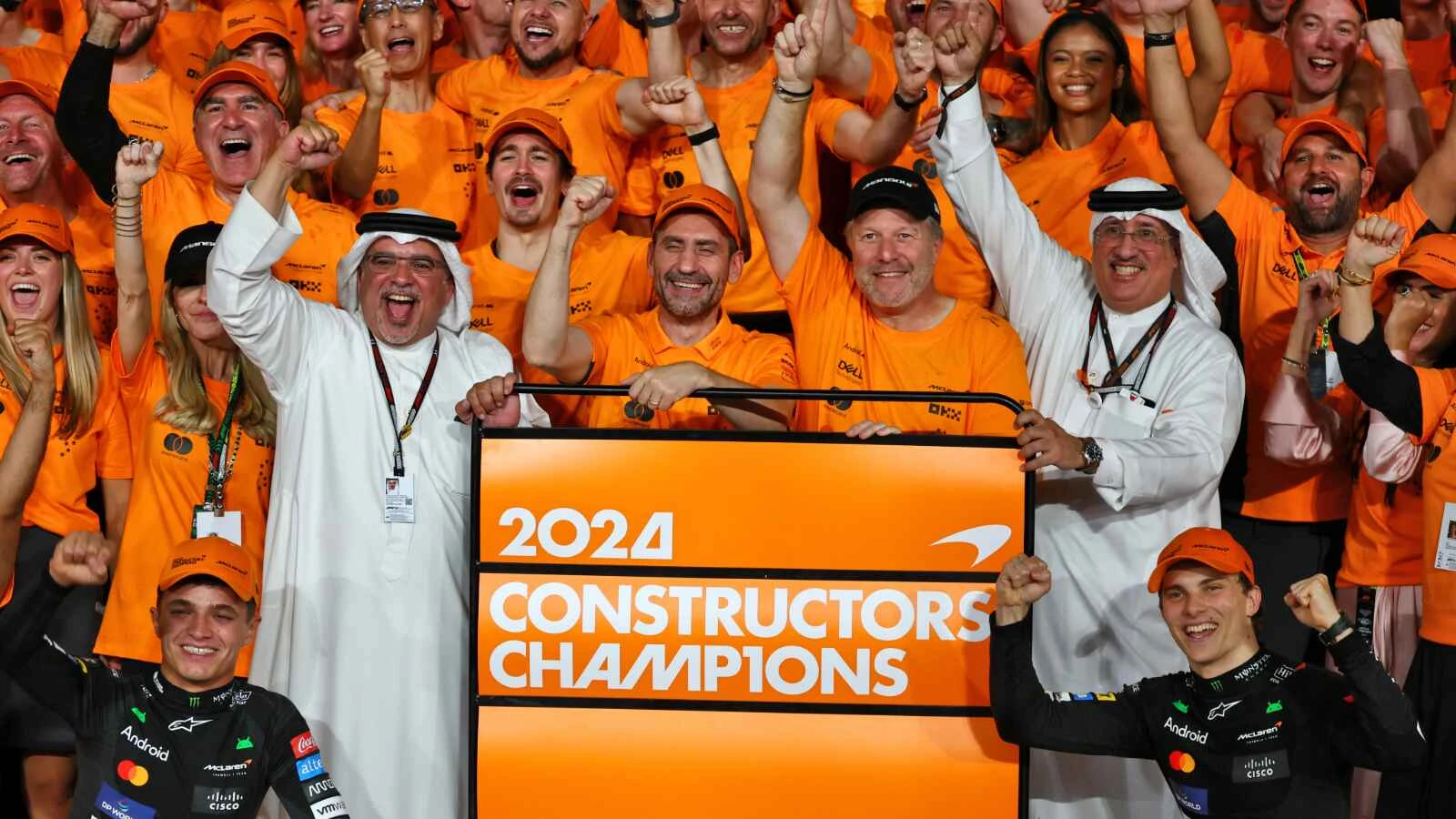


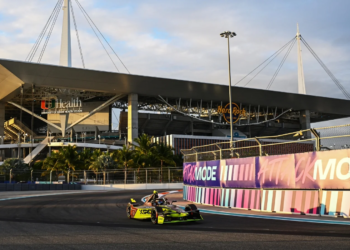
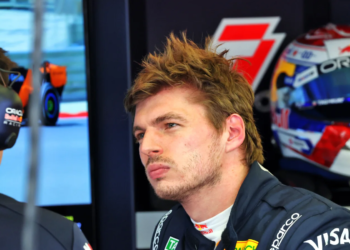
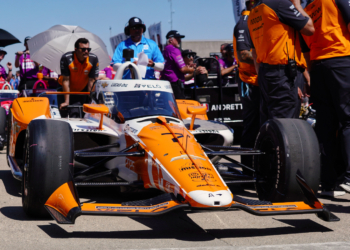
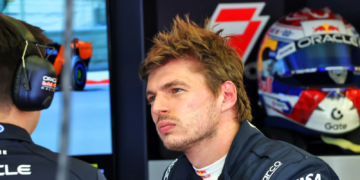
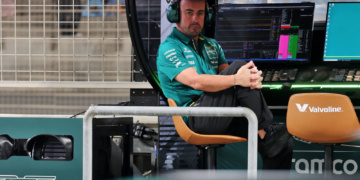

Discussion about this post